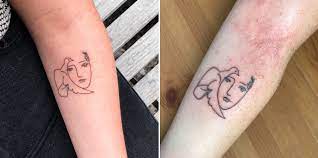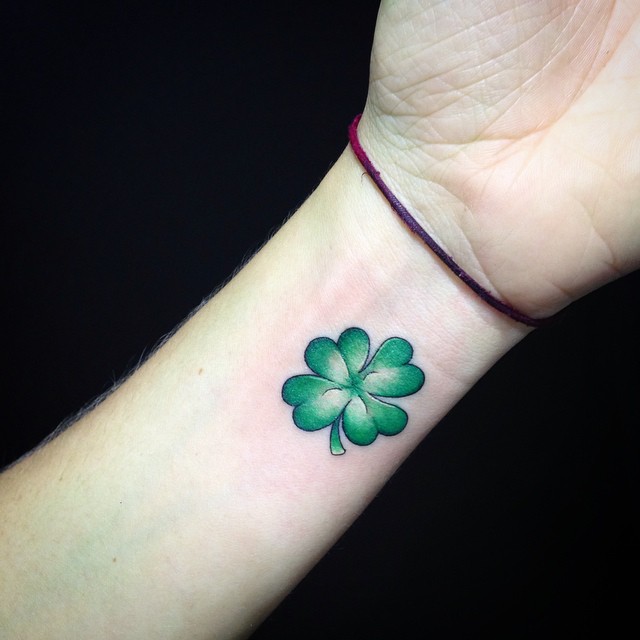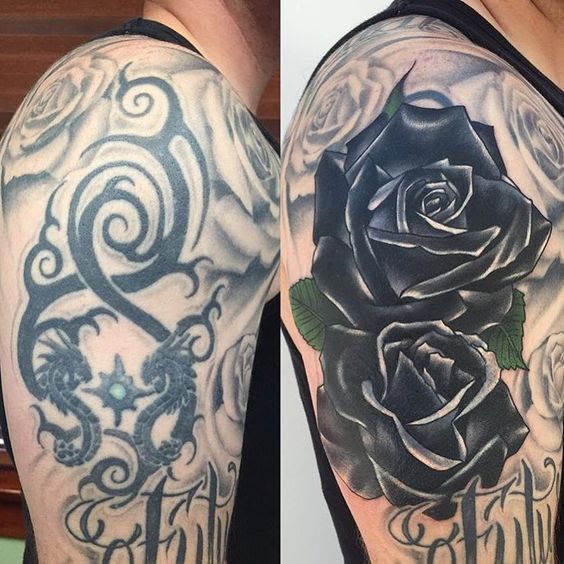
Aftercare for a Tattoo
After getting a tattoo, it is typical for the inked area to be painful and swollen for up to three days. However, if these symptoms persist, it could indicate an infection.
Infection from Bacterial Contamination
Infections related to Tattoos are often caused by unsanitary conditions or contaminated water or ink, including staphylococcus bacteria. Such diseases can be dangerous and may require hospitalization.
Recognizing an Infection
If the healing process of your tattoo involves persistent or intensified itching accompanied by redness, you may have an infection. It is essential to seek antibiotic treatment from a dermatologist or physician to relieve the condition.
Potential Risks of Untreated Infections
Untreated infections caused by resistant or staph bacteria can lead to abscesses, sepsis, and other severe health concerns. Symptoms such as fever and extreme fatigue should not be ignored.
Swelling and its Care
It is crucial to expose the wound to air and clean it regularly during tattoo healing to prevent infection. Avoid touching your tattoo with unclean hands, as it may introduce germs and prolong the healing process.
Itching and its Management
Scabbing is a natural part of healing, but thick, crusty scabs that ooze and bleed may indicate infection. Avoid scratching at the scabs frequently, as it can delay healing and cause faded or patchy areas in the tattoo.
Discharge and Concerning Signs
If your tattoo feels hot, continues to hurt, or shows discolored streaks, it could be a sign of infection or blood poisoning. Seek immediate medical treatment, especially if the tattoo has an unusual discharge or noticeable changes.
Fever and Severe Infections
Persistent pain, swelling, redness, pus-filled bumps, and fever are potential signs of infection. Infections can lead to severe health issues such as necrotizing fasciitis or sepsis. Prompt medical intervention is necessary.
Treatment and Medication
A dermatologist can identify the bacteria causing the infection and prescribe appropriate antibiotics. Mild disorders may be managed with over-the-counter pain relievers and antihistamines, while severe cases may require intravenous antibiotics.
Always consult a healthcare professional for proper diagnosis and treatment of an infected tattoo.

